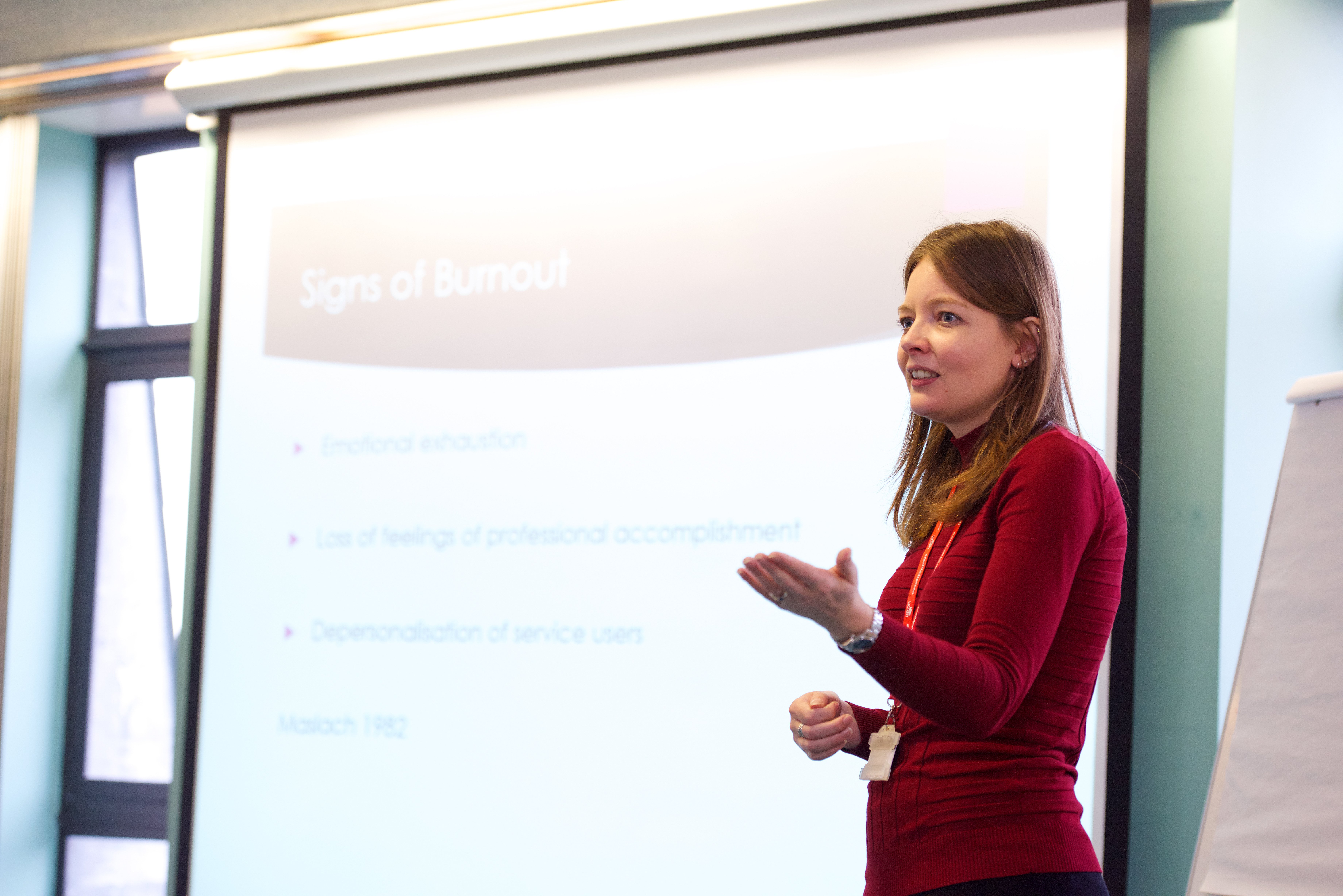How is social policy different from public policy?
As a global society, we face a raft of challenges in today’s world – discrimination, economic crises, the impacts of overpopulation, and ageing populations are just some of the social challenges we need to urgently address.
Although both disciplines have a part to play in addressing these challenges, social policy and public policy aren’t exactly the same – there are key differences between the two and they’re distinct disciplines and areas of study.
What is social policy?
Social policy involves policies, principles, legislation and guidelines that aim to improve the welfare of people living in a society.
Social policy can cover areas such as:
-
Education
-
Healthcare
-
Employment
-
Security
-
Aged care
-
Housing
-
Community services
Social policy also looks at how societies around the world address global challenges such as demographic, economic and social change, as well as migration, poverty, access to healthcare, inequality and globalisation.
As an area of study, social policy is the interdisciplinary study of contemporary social, economic and political issues, such as inequality, poverty, discrimination, crime, unemployment, education, healthcare, and housing, and potential policy responses to these issues and challenges.
What is public policy?
Public policy relates to the policies and actions governments implement that impact the general public at large.
Public policy can cover areas such as:
-
Taxation
-
Criminal law
-
Labour laws
-
Energy and emissions
-
Agriculture
-
Anti-corruption
What’s the relationship between social policy and public policy?
Although similar in that they both aim to improve and safeguard the welfare of society, there are key differences between social policy and public policy.
Some of these key differences include:
-
Social policy can be aimed at specific areas of society, such as specific marginalised communities, while public policy is generally aimed towards the general public
-
Social policy is focussed on addressing and resolving social issues specifically, such as racial and health disparities and educational and economic inequality, while public policy broadly covers any government-related actions concerning the general public at large
-
Social policy is essentially a subset of public policy, which means that while all social policies are public policies, not all public policies are social policies
How can an MA Social Policy help you succeed in the social policy field?
If you specifically want to make a positive real-world impact on the lives and wellbeing of societies and communities and help to resolve the social challenges facing them, social policy as an area of study and career is an ideal option that can be highly rewarding on both a personal and professional level.
An MA in Social Policy will provide you with a deep insight into and understanding of the cultural, demographic, political, economic, and technological changes that globally shape social policy.
This will enable you to carry out social research that’s informed by ethics, politics and methodology, and to create social policies with impact that help to drive society forward and promote human wellbeing, welfare and equality.
With an MA in Social Policy, you’ll also gain the added benefit of developing a range of transferrable skills that are highly-sought-after by employers globally, such as advanced decision-making, problem-solving, analytical and critical thinking, and research skills.
An MA in Social Policy will empower you to develop and implement social policies that improve our global society and create a positive impact in the lives of both current and future generations.
Discover how the University of Central Lancashire’s online MA Social Policy can empower you with the skills and expertise you need to address global social issues and challenges and implement policies that have a positive impact:
Related posts
See all
Key skills to succeed in social policy
Gain insight into the key skills you need to succeed in a social policy career, and discover how an...
Read the story
Social policy and economic policy: What’s the difference?
Discover the differences between the two key policies, as well as real-world examples of the impact...
Read the story
How do different countries address social reform?
Discover how different countries tackle social reform in this insightful blog post. Explore case...
Read the story